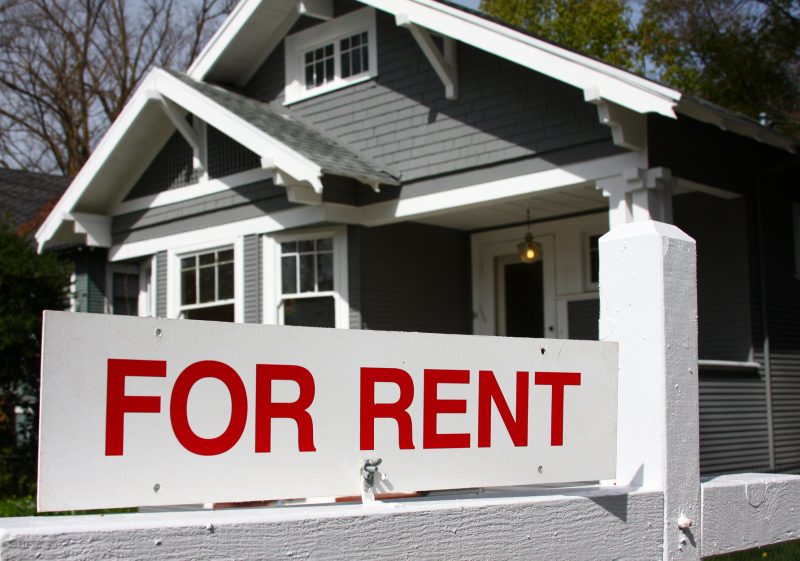The Importance of Rental Properties Insurance

They may not run a traditional company, but landlords are business owners. Their livelihood comes from renting properties, and just like all business owners, they have plenty of responsibilities: maintaining building standards and arranging repair services for tenants, to name a few.
However, what happens when properties experience extreme damage? How can landlords fulfill their responsibilities without going under? Fortunately, rental properties insurance exists to alleviate the financial pressure. With the right policy, you can recover from devastating property damage.
Why Is Rental Property Insurance Important?
As a landlord, you do your best to keep your properties in top shape:
- Clean dryer vents
- Conduct fire extinguisher inspections
- Replace air conditioning filters
These efforts lower the risk of fire, mold and other issues but don’t eliminate them. Unfortunately, natural disasters and unforeseen accidents can decimate a property. That’s why landlords need rental property insurance.
Insurance policies ensure you have the funds to repair or replace assets when the unthinkable happens. Homeowner insurance is vital to homeowners and often required by banks to secure a mortgage, but they’re not appropriate for income property. Most homeowner insurance only covers owner-occupied residences.
Rental properties insurance covers non-owner-occupied residences. Insurance companies specifically design these policies to fulfill landlords’ unique needs.
What Should You Look for When Buying Rental Properties Insurance?
Every rental property insurance policy is different, as agents tailor them to clients’ needs. However, there are generally three parts to every policy:
- Liability
- Lost rental income
- Property damage
Liability insurance is standard among companies since you need to protect yourself against legal cases brought by injured third parties. For landlords, policies should cover injured tied to neglected maintenance. For example, if a guest slips on a broken front step and sprains an ankle, liability insurance should cover it.
Lost rental income insurance is precisely what it sounds like: It covers income you would have had if you were renting the property. Of course, this type of policy only applies if the residence is uninhabitable. It doesn’t necessarily come into play if you’re unable to find a tenant.
Finally, property damage insurance covers damage done to the residence and its fixtures. These policies can cover natural disasters, termite damage and even vandalism. Before buying property damage insurance, you should carefully read the policy to identify any exclusions.
What Kind of Properties Does Rental Insurance Cover?
Rental property insurance can cover a wide variety of buildings:
- Multi-family homes
- Single-family homes
- Condominiums
- Apartments
Depending on the policy, you may also have coverage for structures beyond the residence, such as sheds and garages. Unlike homeowner and renter insurance, rental property policies don’t protect tenants’ personal possessions. However, they do cover landlord-provided furnishings, appliances, structures and systems. Basically, insurance companies may provide coverage for items considered part of the property.
About Byrnes Agency
At Byrnes Agency, we offer insurance solutions that can be tailored to meet your specific needs. Whether you’re looking for personal policies or commercial coverage, we have the right coverage for you. To learn more about our products, contact us today at one of our two locations.
If you’ve enjoyed what you’ve read here and would like to know when we’ve published a new blog post, please “like” us on our Facebook page, and share this with your Connecticut neighbors.
